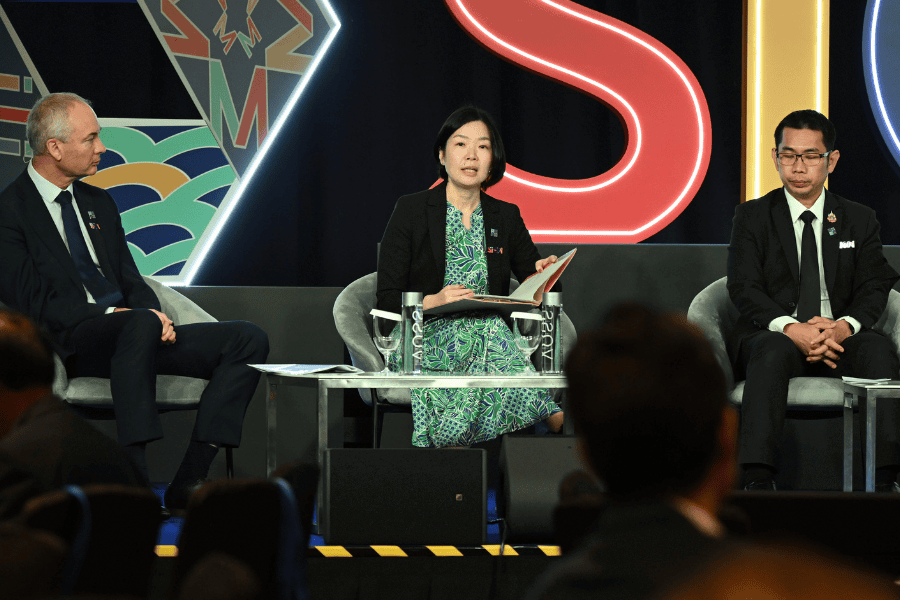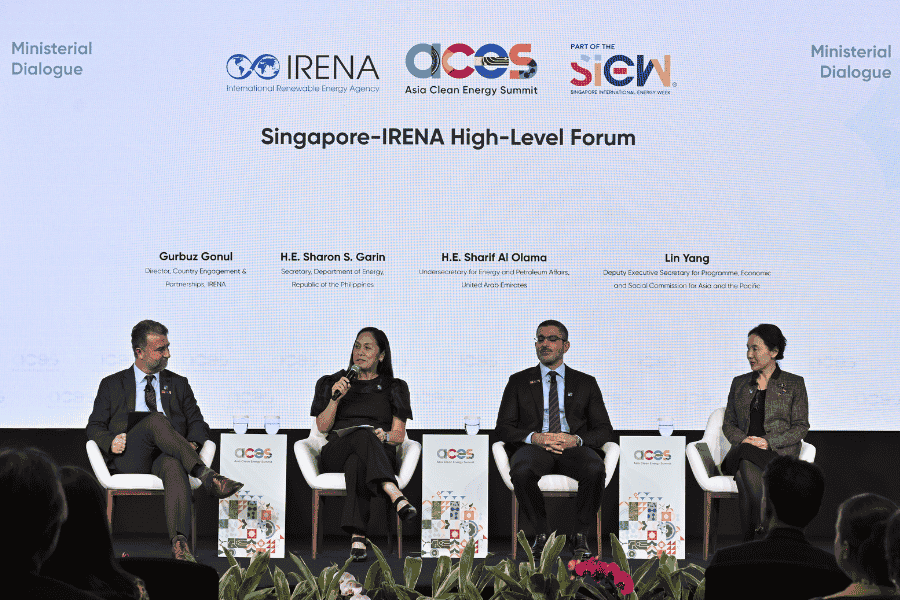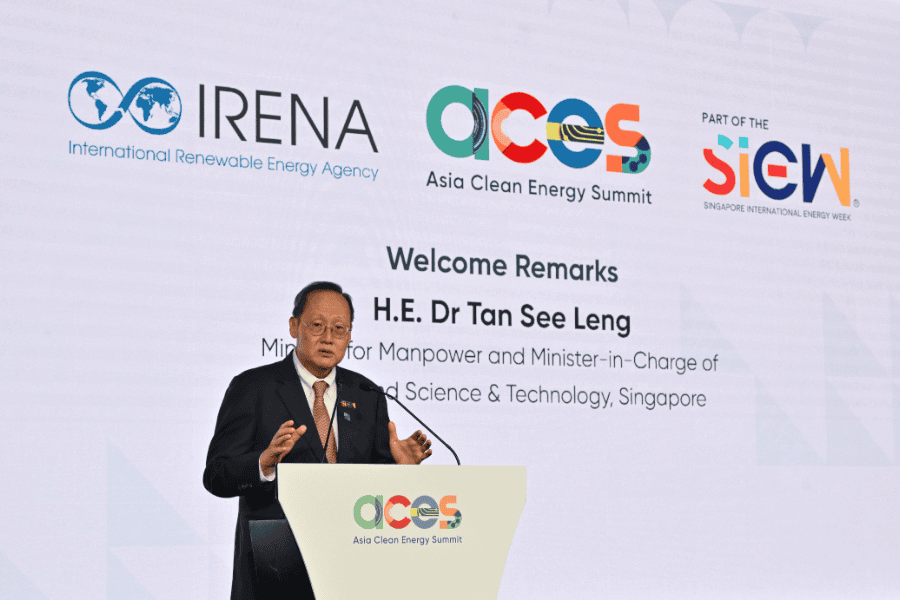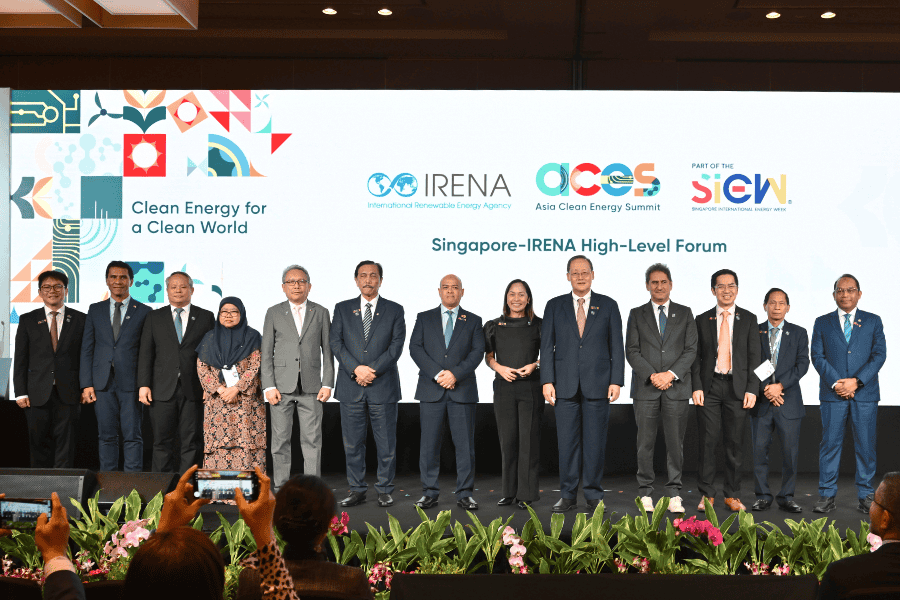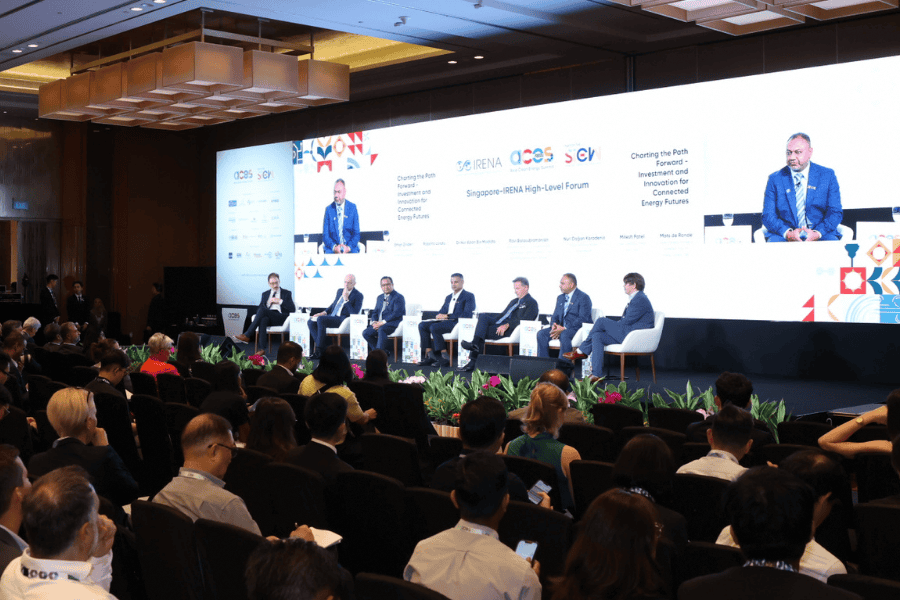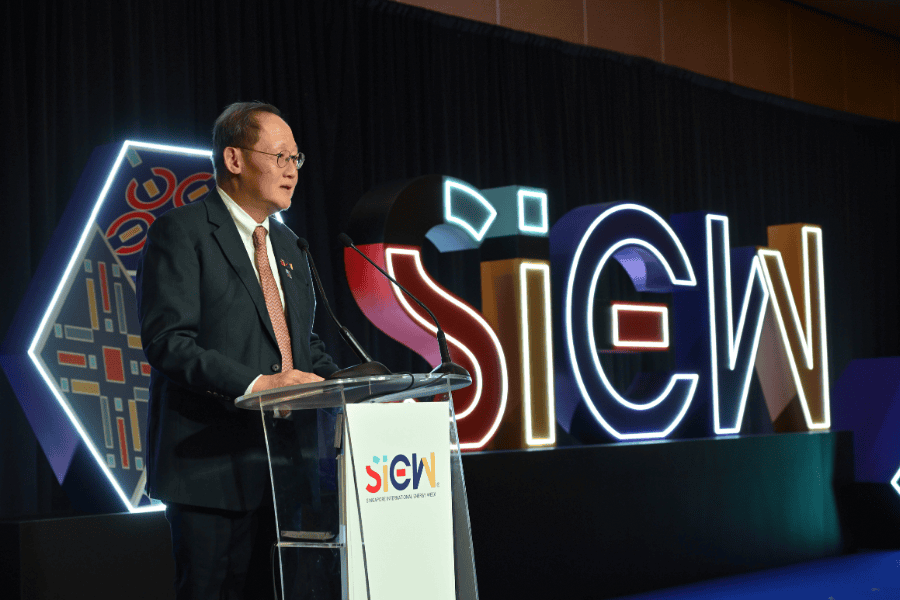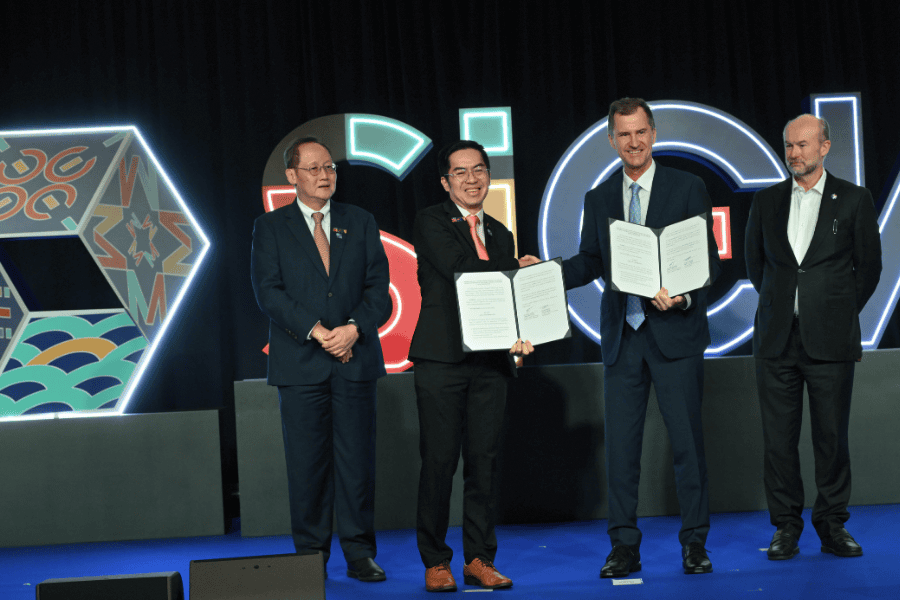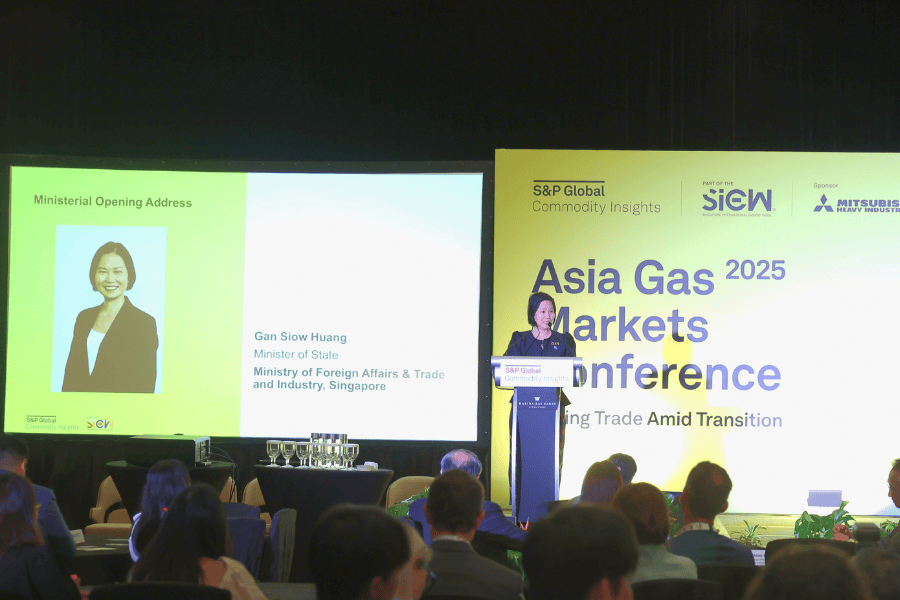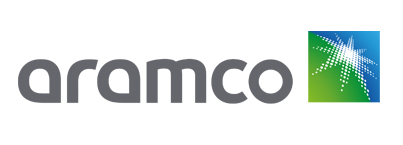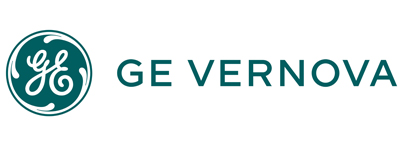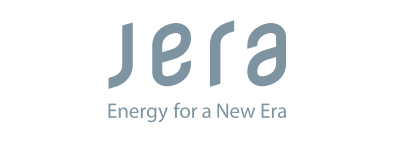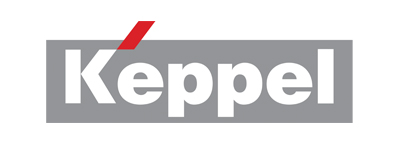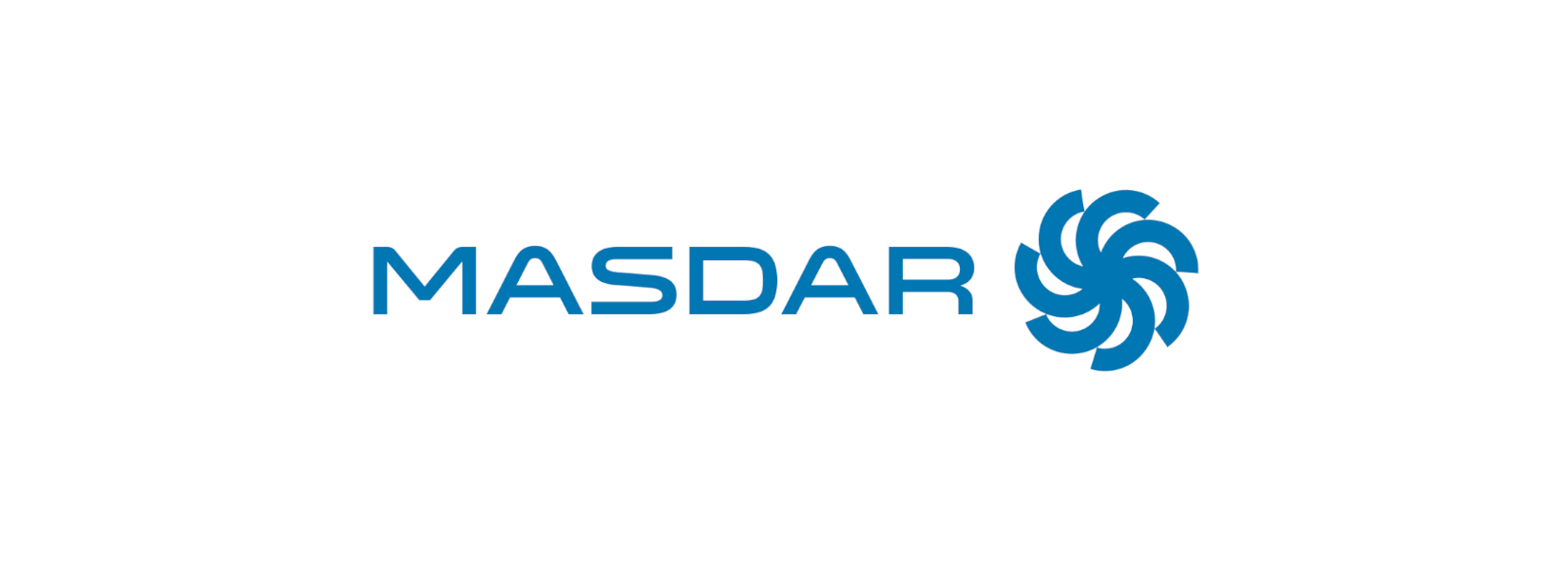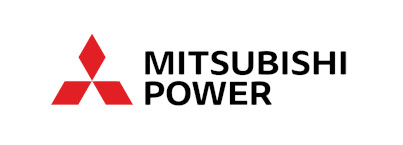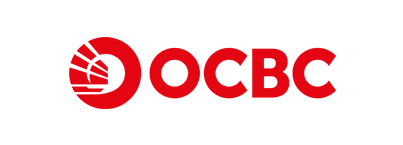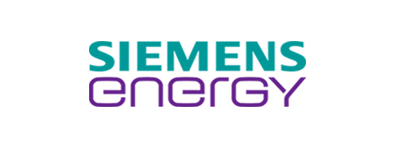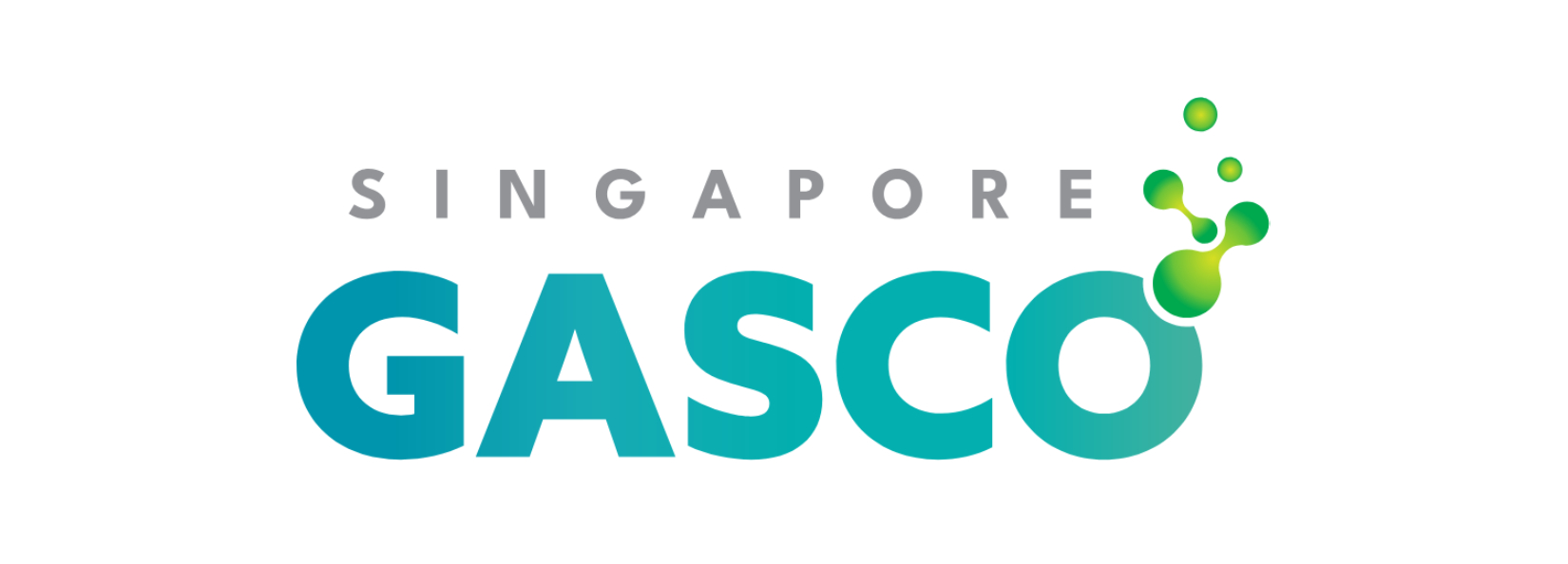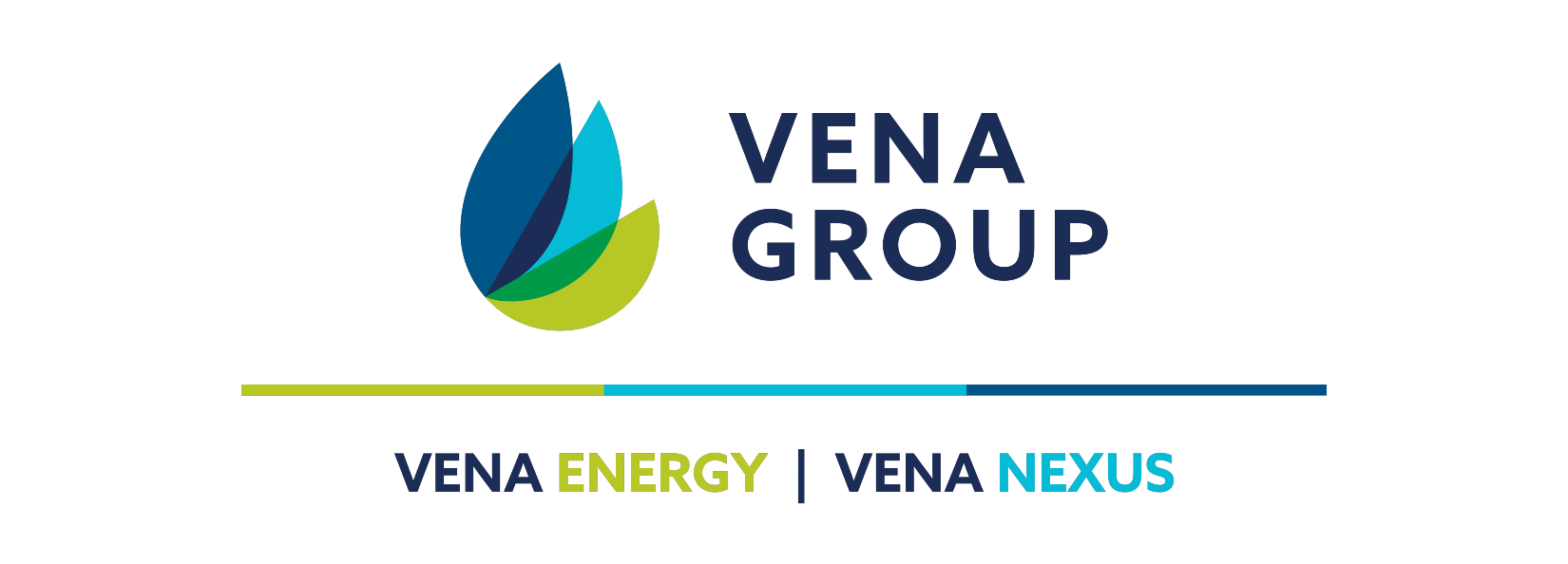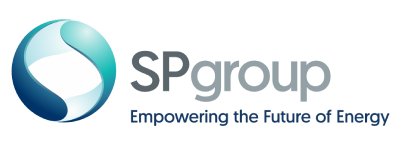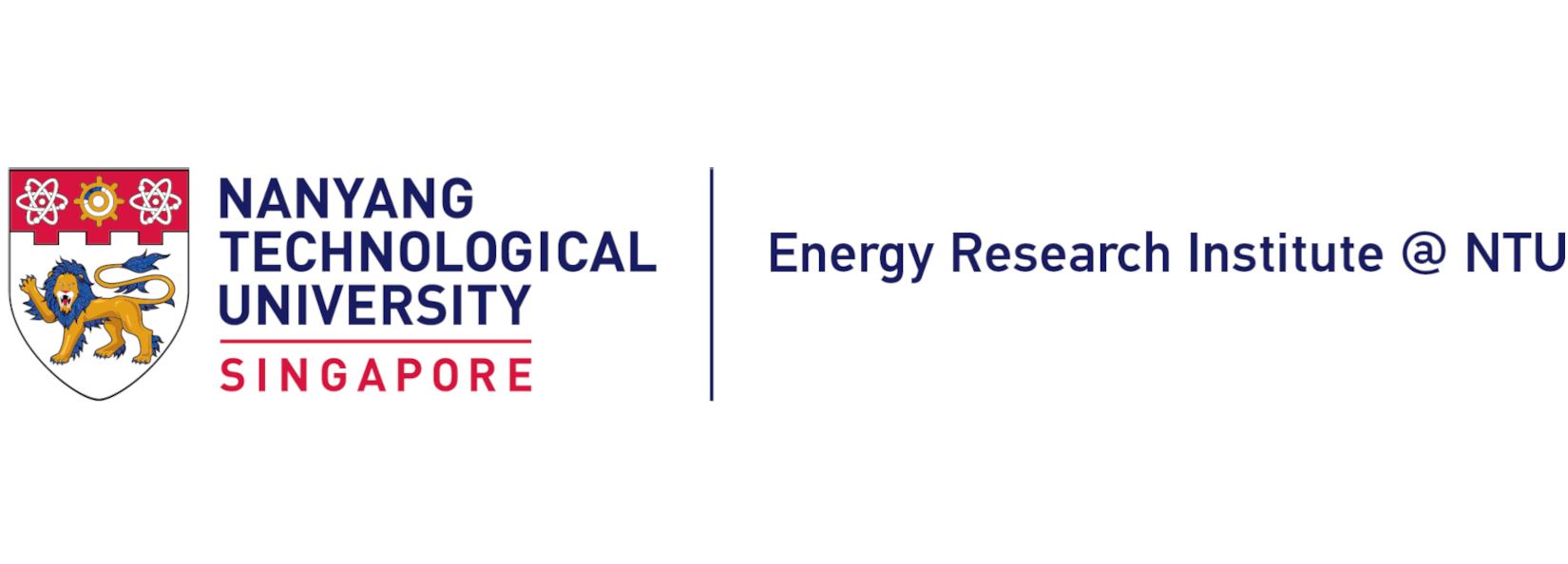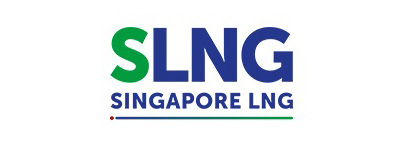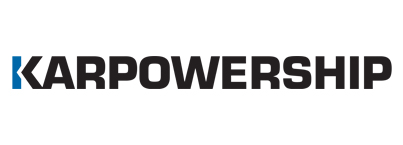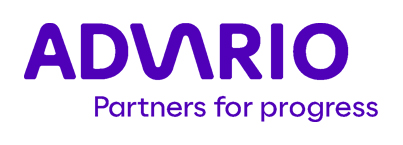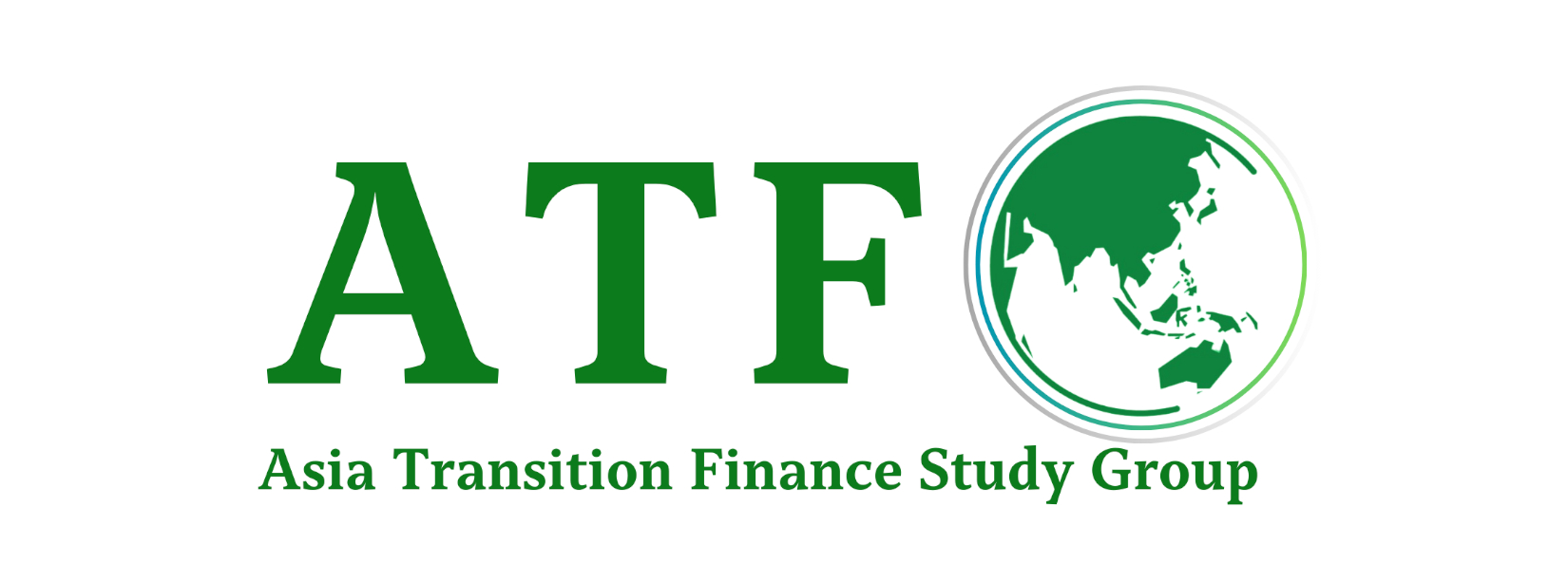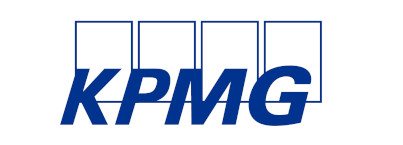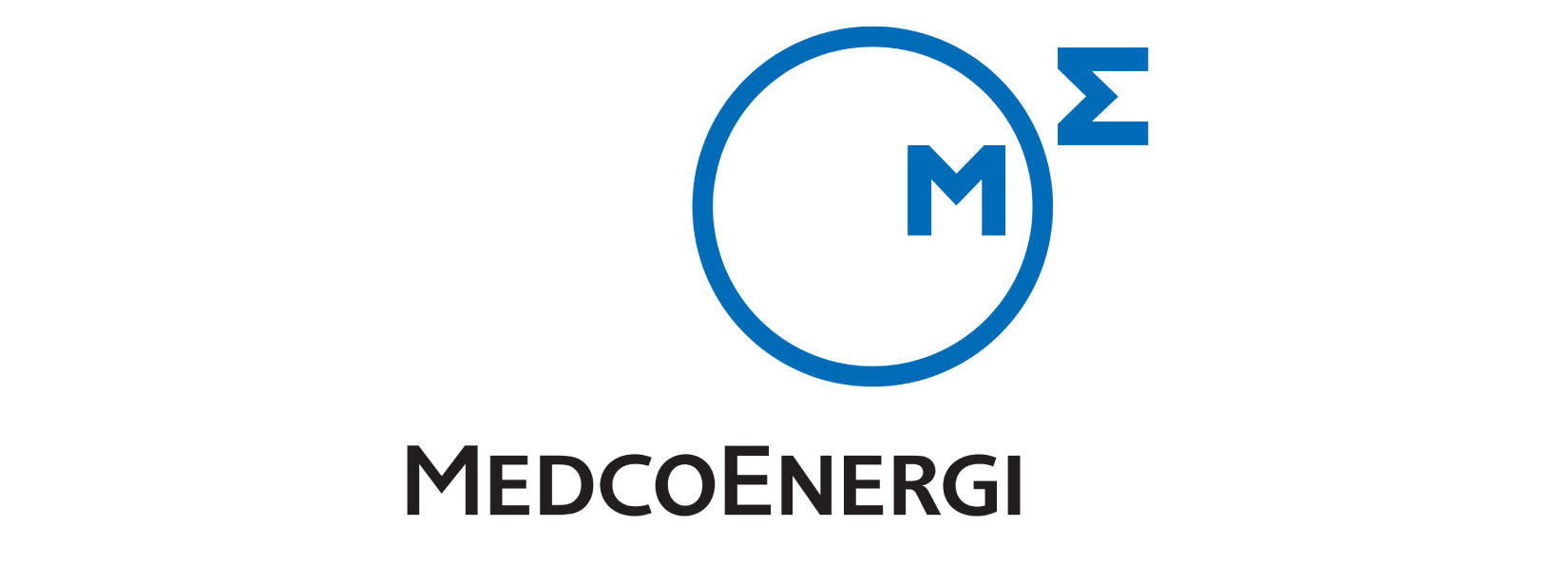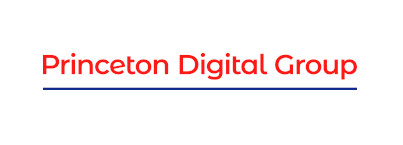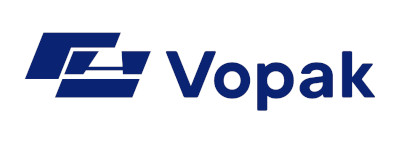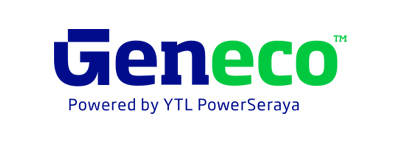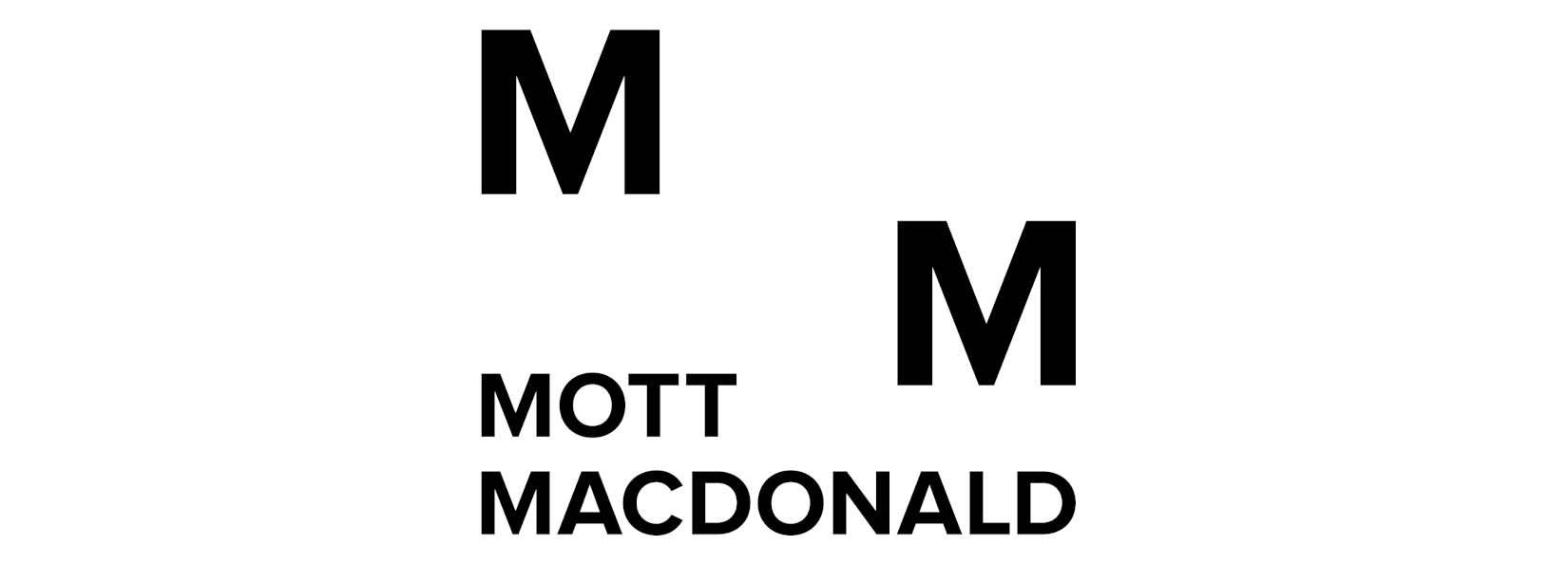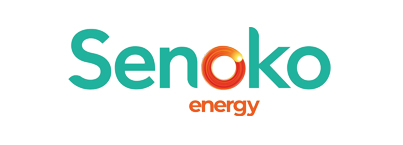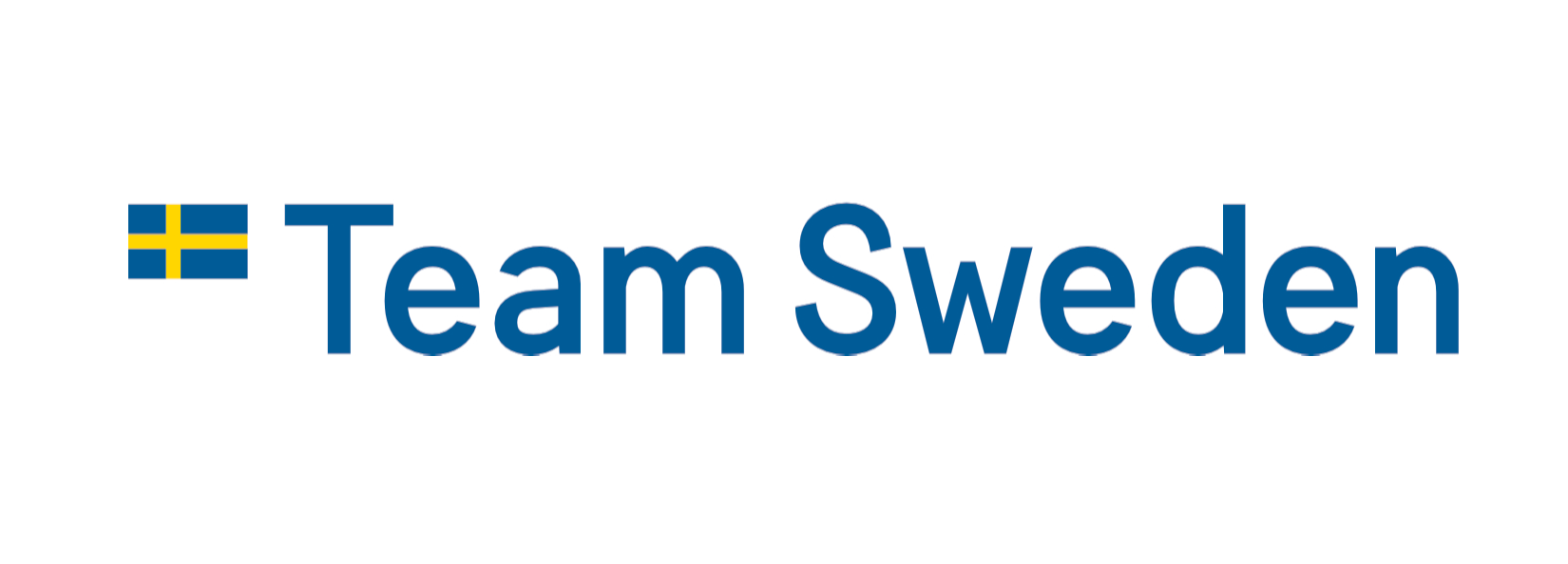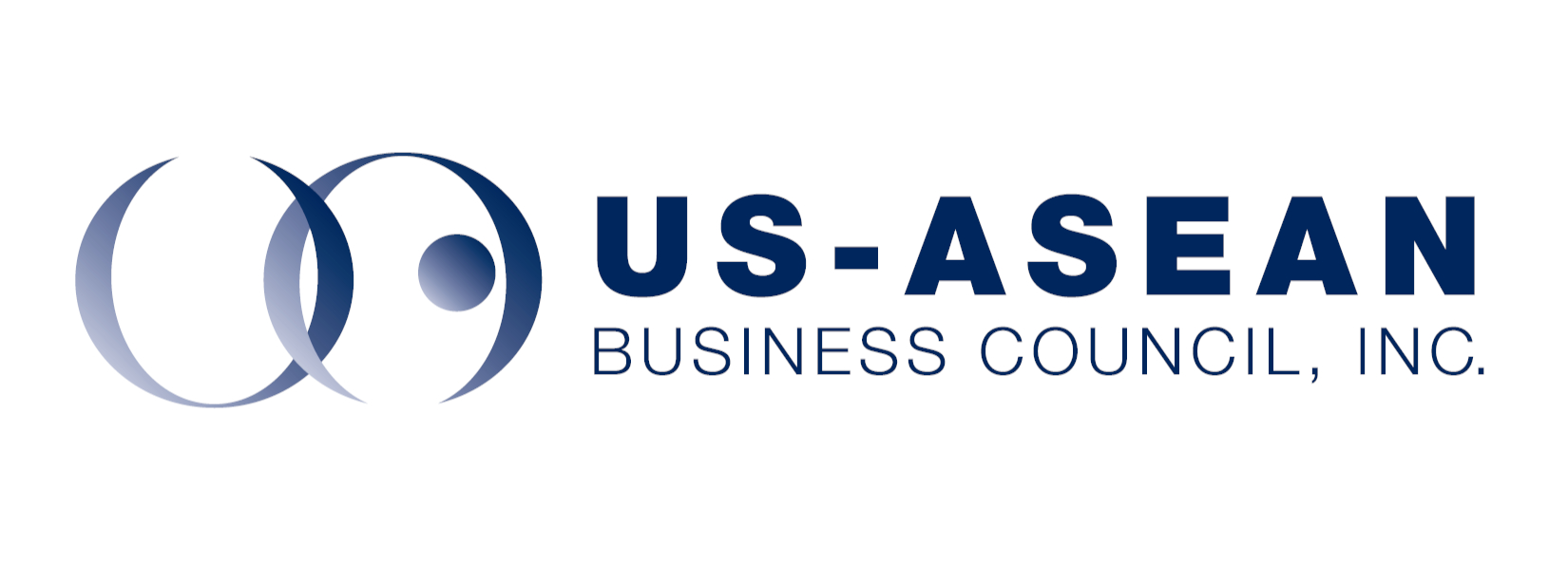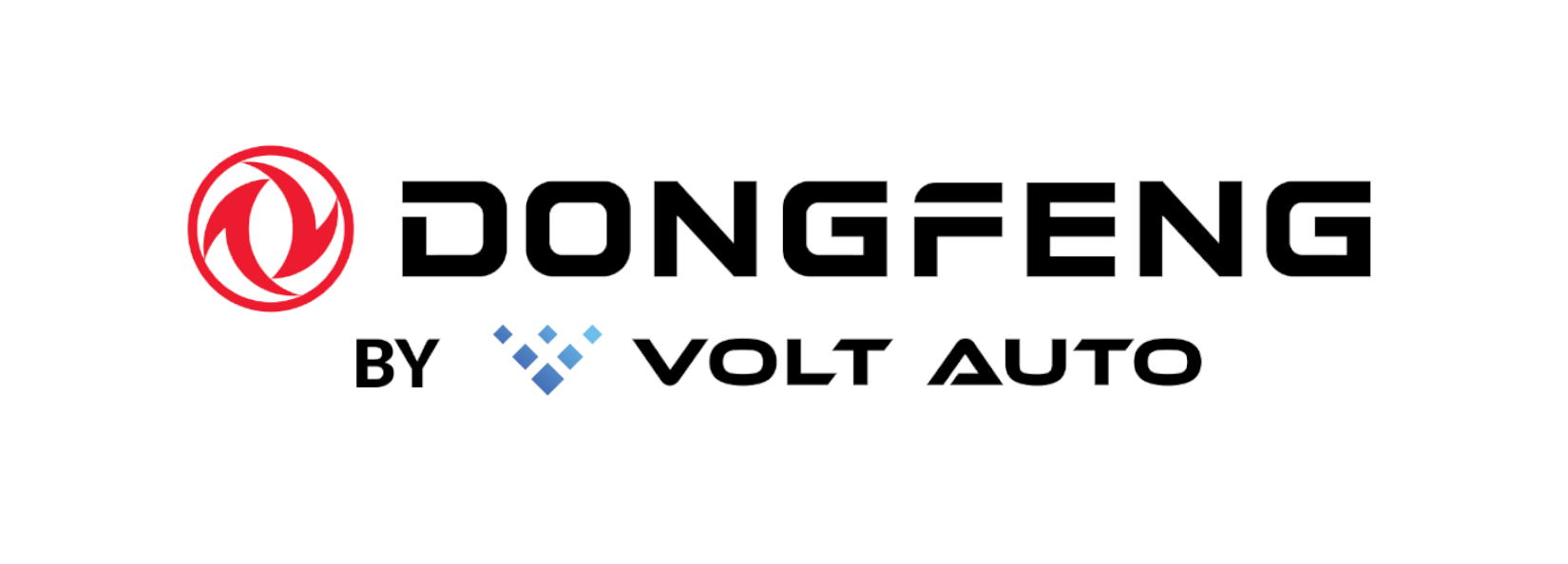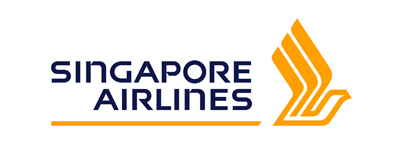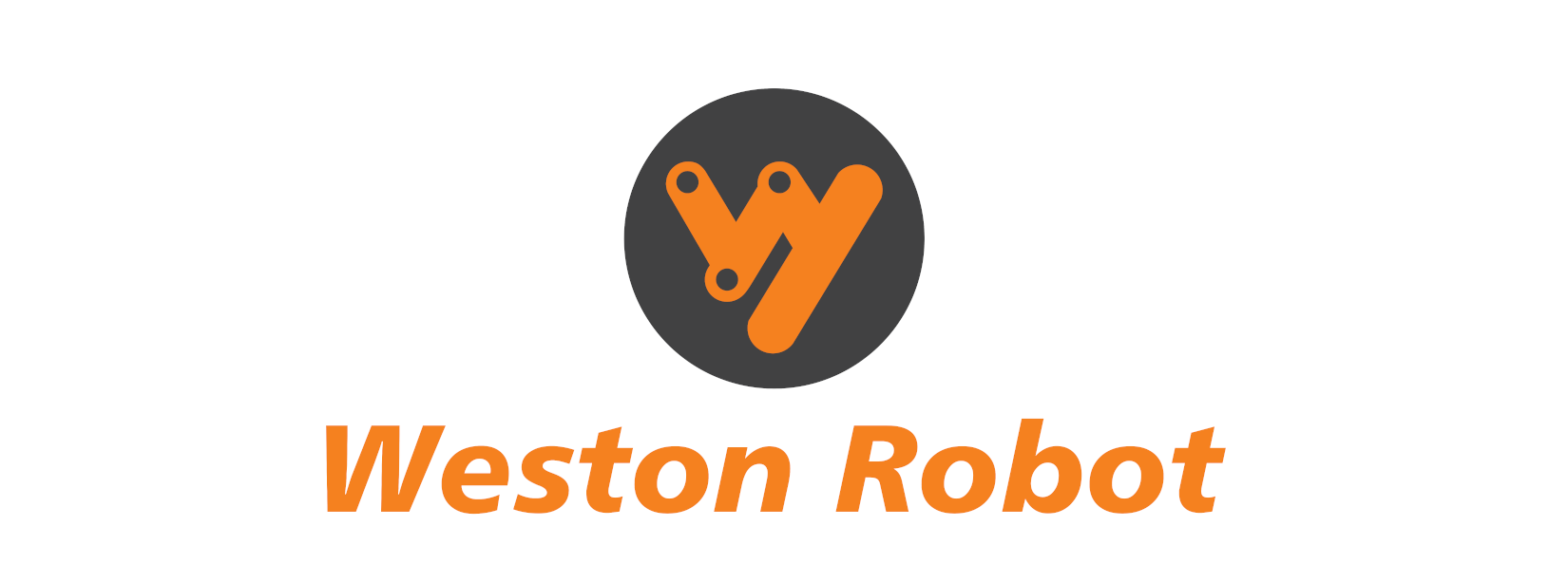SIEW Day 2 (28 October 2025)
Day 2 Wrap-Up: Revisit the Highlights and Key Energy Dialogues
Day 2 of the Singapore International Energy Week (SIEW) 2025 was highlighted by the opening of Singapore-IEA Forum and Singapore-IRENA High-level Forum. Both events bringing together energy ministers, thought leaders and industry experts from across the value chain to shape bold and innovative solutions for the energy transition.
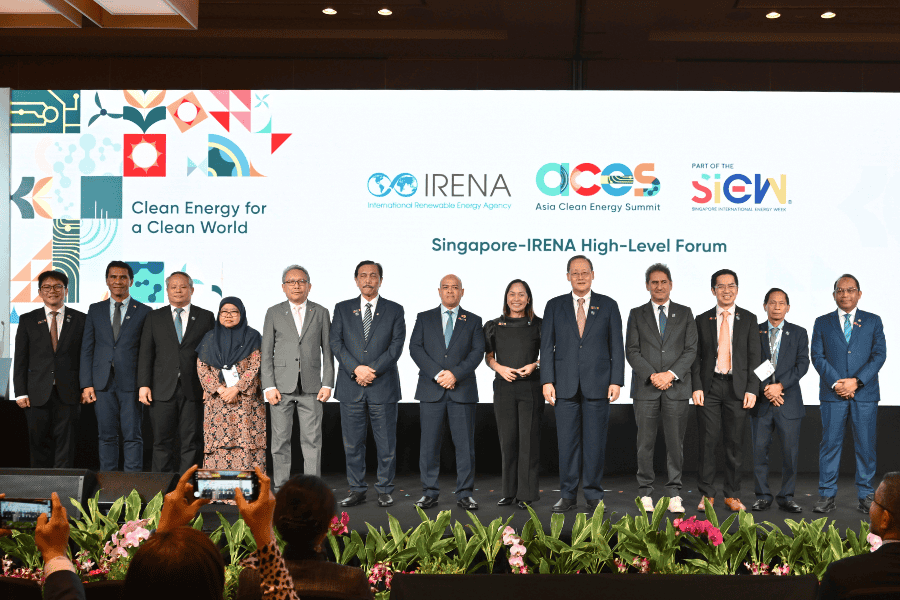
Here's a recap of Day 2's highlights:
- Singapore-IEA Forum: Pathways to a Smart, Connected and Secure Energy Transition
- ACES: Strengthening Regional Connectivity for Tomorrow's Clean Energy Systems
Looking ahead, Day 3 promises to bring even more engaging and in-depth discussions. Key events include the SIEW Energy Insights, the Singapore-U.S. Forum and the inaugural ASEAN-France Forum. Join us tomorrow for more updates.
How is your SIEW 2025 experience thus far? Share your thoughts with us by taking a quick survey!
Stay tuned as the conversation evolves throughout the day. Follow @SIEW_sg on Telegram and X (formerly Twitter) for the latest insights.
From Interconnectors to Innovation: Charting the Path Forward to Low-Carbon Energy Integration
The Singapore-IRENA High-Level Forum featured a panel session that examines how industry stakeholders across the energy value chain can collectively advance regional energy integration and the commercialisation of low-carbon technology.
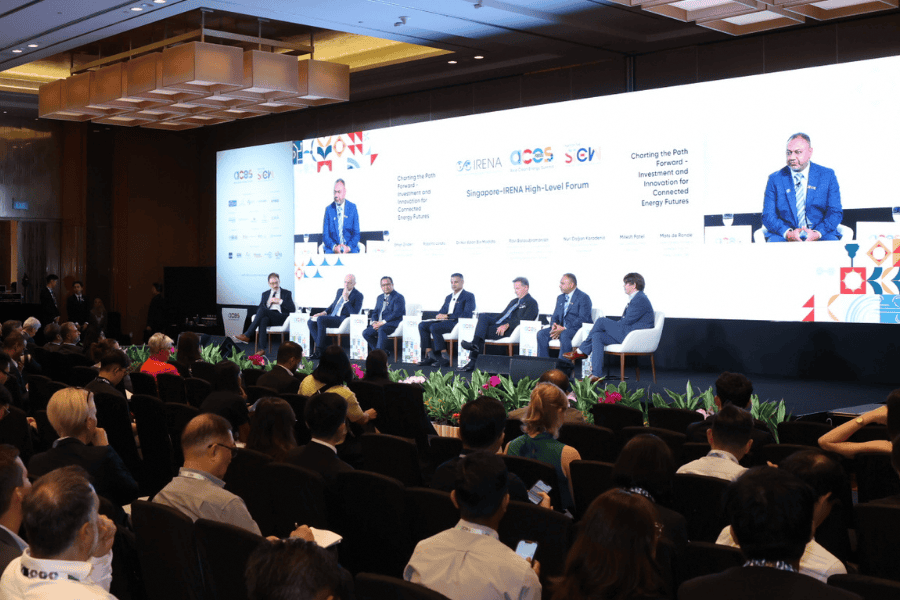
The session is moderated by Ethan Zindler, Head of Countries and Policies, BloombergNEF. The panellists explored practical steps to accelerate investment flows and facilitate collaborative approaches needed to enhance the resilience of regional energy systems. Key highlights from the session include:
- Long-distance interconnectors emerging as key infrastructure: Sun Cable COO Mitesh Patel highlighted that declining solar costs and abundant land availability as catalysts for Australia to supply Southeast Asia with energy via undersea interconnectors. He added that rising energy demand from artificial intelligence (AI) use cases are making regional interconnectors an important asset class for infrastructure.
- Market pricing must reflect transmission costs: Dr Nor Azlan Bin Mostafa, Chief Strategy & Planning Officer, Single Buyer, shared that import prices set by buyers may not reflect transmission costs borne by energy exporters, potentially creating reluctance to trade.
- Delivering benefits beyond profits: MedcoEnergi Director and Chief Executive Officer Roberto Lorato observed that energy-exporting countries like Indonesia seek partnerships that generate broader socioeconomic benefits beyond financial aspects, taking into consideration such as local jobs creation, capacity building, and manufacturing growth.
- Bridge solutions are needed for supply gaps: Karpowership Executive Board Member Nuri Doğan Karadeniz emphasised on the significant role of mobile energy solutions like powerships, especially given Southeast Asia’s limited storage and grid infrastructure. These can be deployed quickly to meet urgent supply needs.
- Overcoming integration challenges: Mats de Ronde, Head of Energy Markets & Strategy in APAC for Energy Systems, DNV noted that regional integration is less about technology and more about navigating regulatory delays, secondary geopolitical impacts, and financing gaps. New financial and operating models are needed to unlock utility-scale capital
- Investors seek scalable solutions: Presenting the institutional investor perspective, Ravi Balasubramanian, Managing Director, Portfolio Development Group, Managing Director, Investment Group, New Energy and Industrials, Temasek, underscored the need to match capital deployment with technology maturity, while also nurturing early-stage innovation through partnerships.
Stay tuned as the conversation evolves throughout the day. Follow @SIEW_sg on Telegram and X (formerly Twitter) for the latest insights.
Accelerating Cross-Border Energy Integration Through Investments and Regional Cooperation
By Keethanna Jeyaseelan, EMA
During the Singapore International Energy Week (SIEW) 2025, industry leaders at the Singapore-IEA Forum and the Singapore-IRENA High-Level Forum discussed the critical role of cross-border energy integration in accelerating Southeast Asia’s energy transition.
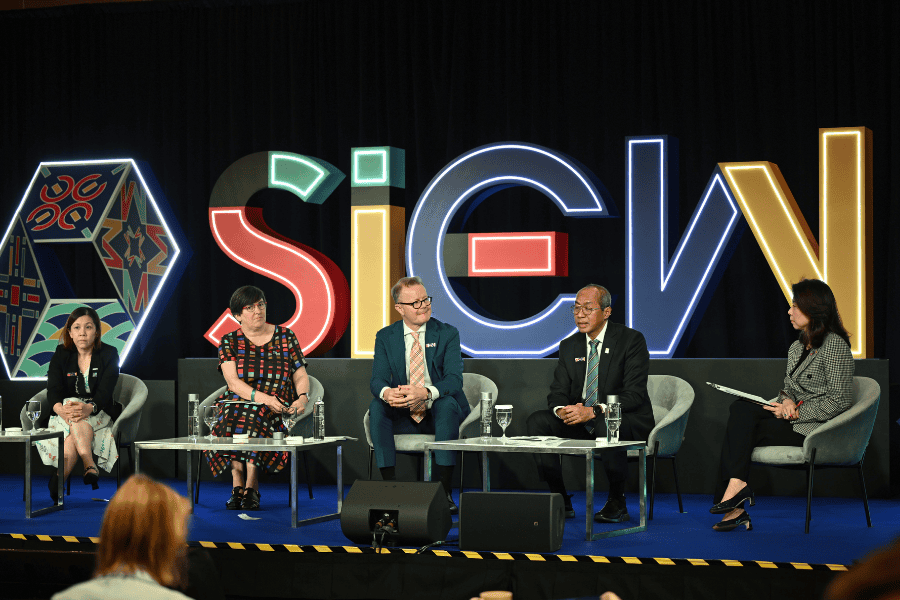
They highlighted the importance of having robust regulatory frameworks, innovative financing and regional cooperation to accelerate the development of interconnected power grids in Southeast Asia to meet the region’s growing energy demands while advancing decarbonisation efforts. Read more
Stay tuned as the conversation evolves throughout the day. Follow @SIEW_sg on Telegram and X (formerly Twitter) for the latest insights.
Singapore–IRENA High-Level Forum: Partnerships for an Interconnected and Renewable Tomorrow
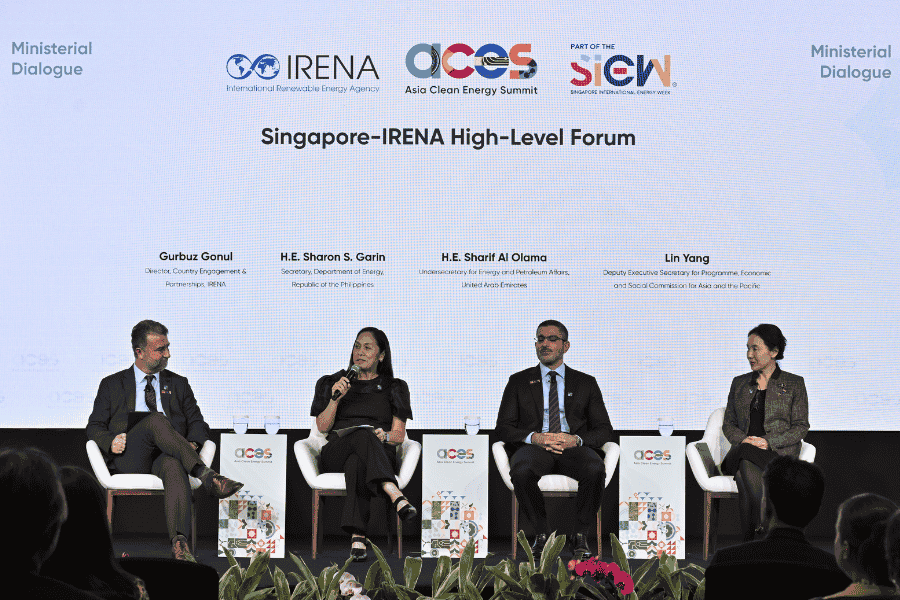
The transition towards sustainable energy systems demands collaboration and investments. At the Singapore–IRENA High-Level Forum, the Ministerial Dialogue gathered senior officials from the Philippines, United Arab Emirates, and United Nations ESCAP to share perspectives on enabling cross-border energy trades and unlocking capital for regional projects.
Moderated by Gurbuz Gonul, Director of Country Engagement and Partnerships at IRENA, the panellists discussed how policies, regional interconnection and capacity building can strengthen investor confidence and support a resilient, people-centred energy transition in Asia.
- H.E. Sharon S. Garin, Secretary of Energy, Philippines, emphasised that flexible and transparent policies are key to attracting renewable energy investments. She shared how the Philippines will continue to refine its renewable energy certificate (REC) and auction mechanisms to reflect evolving market needs.
- Outlining how energy efficiency remains a powerful but underused lever, H.E. Sharif Al Olama, Undersecretary for Energy and Petroleum Affairs, United Arab Emirates cited the Gulf Cooperation Council (GCC) power grid as a model for enhancing energy resilience while reducing overall system costs.
- Lin Yang, Deputy Executive Secretary for Programme, United Nations ESCAP, noted that investor confidence begins with predictable regulations and a long-term vision to address policy gaps.
Stay tuned as the conversation evolves throughout the day. Follow @SIEW_sg on Telegram and X (formerly Twitter) for the latest insights.
Singapore-IRENA High-Level Forum: Accelerating ASEAN’s Renewable Future
Opening the Singapore-IRENA High-Level Forum at SIEW 2025, H.E. Dr Tan See Leng, Minister for Manpower and Minister-in-Charge of Energy and Science & Technology, Ministry of Trade and Industry, Republic of Singapore, called for decisive collective action to advance the region’s energy transition goals.
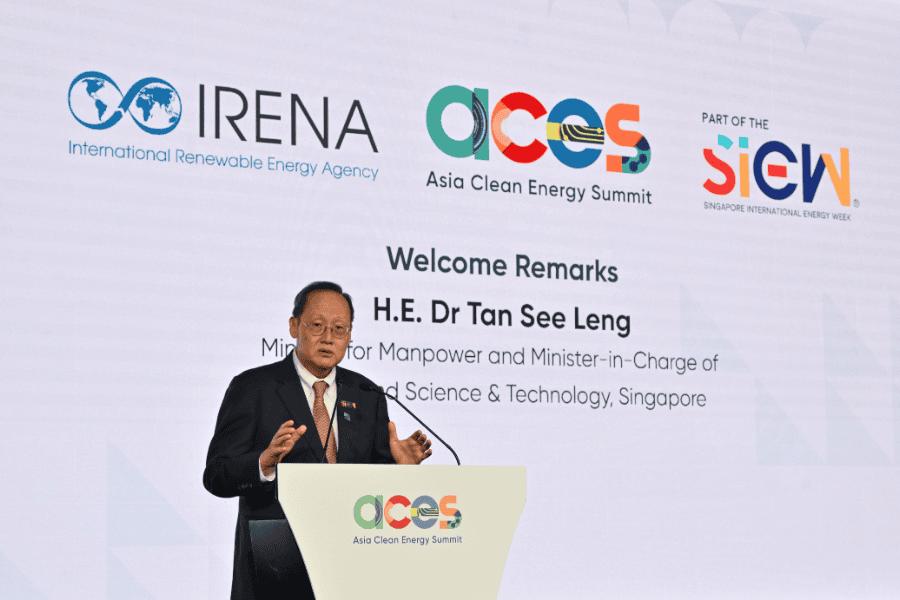
Turning regional potential into renewable power
H.E. Dr Tan shared that while Southeast Asia is rich in solar, wind, geothermal, and hydropower resources, achieving the region’s renewable goals will require collective resolve. The newly endorsed ASEAN Plan of Action for Energy Cooperation (APAEC) 2026-2030 sets clear targets for renewables to meet 30 percent of total energy demand and account for 45 percent of installed power capacity by 2030. H.E. Dr Tan emphasised the need to mobilise resources and strengthen cooperation to realise these goals.
Mobilising capital and policy to make renewables bankable
Highlighting that US$6-7 trillion of investments will be needed by 2050 to decarbonise ASEAN’s power, transport, buildings, and industry sectors, H.E. Dr Tan called for stronger public-private collaboration, underpinned by credible policy frameworks, stable regulations, and regional cooperation to boost investor confidence. Singapore, he added, is already catalysing projects for cross-border electricity trade that not only create new renewable capacity but also spur job creation, investment, and tax revenue, tangible proof that decarbonisation can drive economic growth.
Strengthening cooperation through APRESA
H.E. Dr Tan described IRENA’s launch of the Accelerated Partnership for Renewable Energy in Southeast Asia (APRESA) as a timely initiative to address key regional challenges, from cross-border electricity trade to project financing and grid modernisation.
He underscored Singapore’s commitment to co-developing APRESA alongside fellow ASEAN members, ensuring that it is practical and directly addresses the region’s priorities and needs. The partnership, he noted, will play a pivotal role in aligning regional ambition with actionable pathways.
Stay tuned as the conversation evolves throughout the day. Follow @SIEW_sg on Telegram and X (formerly Twitter) for the latest insights.
Strengthening LNG and Natural Gas Supply Chains for a Secure, Low-Carbon Future
During a Fireside Chat at the Singapore-IEA Forum, industry leaders explored how Asia can strengthen LNG and natural gas systems to ensure energy security while advancing the energy transition.
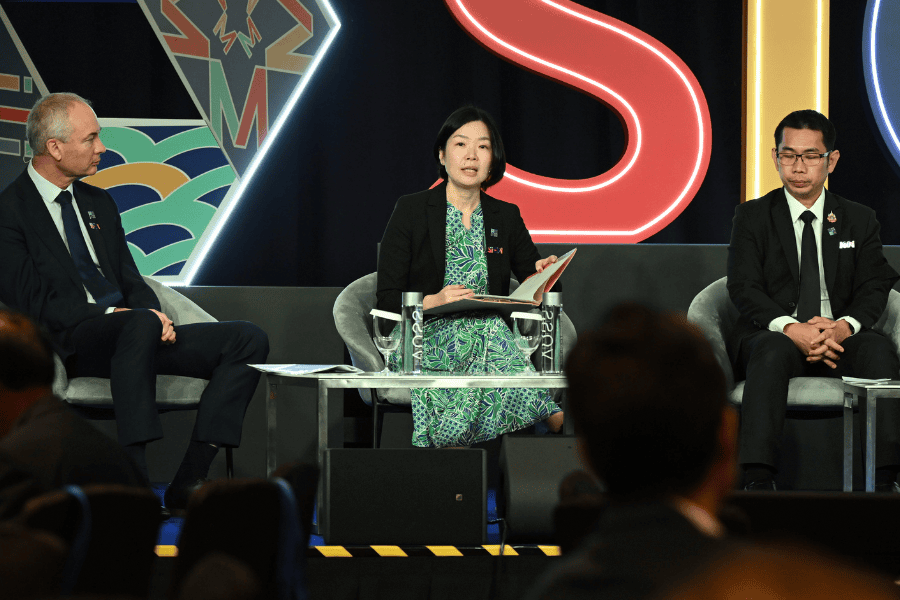
Moderated by Keisuke Sadamori, Director of Energy Markets and Security, IEA, the Fireside Chat featured Asako Ueno, Deputy Commissioner for International Affairs, ANRE, Japan; Menno Weustink, Senior Vice President Global Trading and Operations, Woodside Energy; Dr Sompop Pattanariyankool, Deputy Permanent Secretary, (Ministry of Energy, Kingdom of Thailand; and Laode Sulaeman, Director General, Oil & Gas, Ministry of Energy and Mineral Resources, Republic of Indonesia.
Closing the forum, Nancy Mahieu, IEA Standing Group for Global Energy Dialogue Chair, Director-General for Energy, Belgium, reminded that energy security can no longer be achieved in isolation. She called for greater cooperation to connect regions and secure shared progress. Read more
Stay tuned as the conversation evolves throughout the day. Follow @SIEW_sg on Telegram and X (formerly Twitter) for the latest insights.
Defining the Systems Powering Southeast Asia's Energy Tomorrow
Southeast Asia's clean energy transition is gaining momentum. But ambition alone will not take the region to net zero. At the Singapore-International Renewable Energy Agency (IRENA) High-Level Forum, three leaders shared a common message in their opening addresses. Building the right systems today will shape ASEAN's energy future.
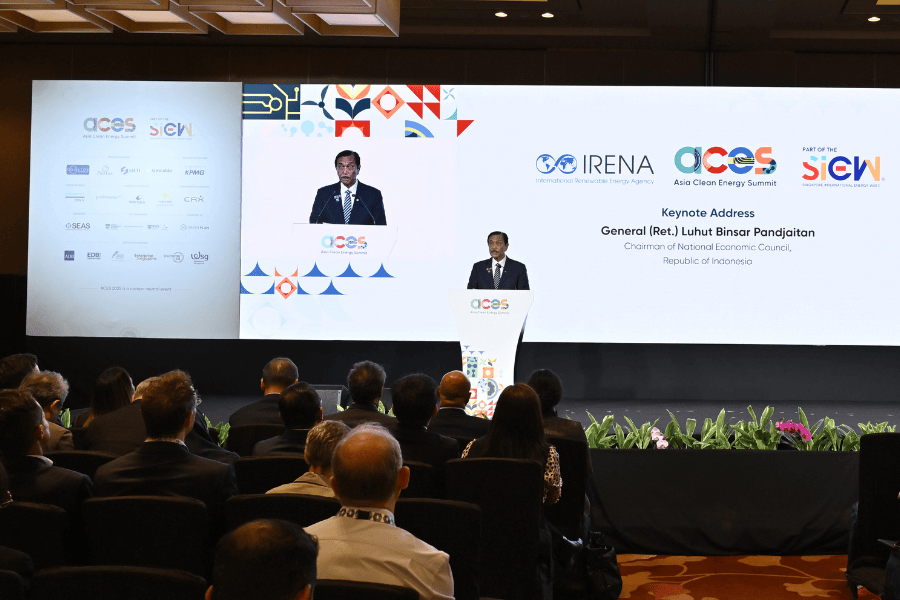
General (Ret.) Luhut Binsar Pandjaitan, Chairman of National Economic Council, Republic of Indonesia, Francesco La Camera, Director-General, IRENA, and Christophe Inglin, Vice Chairman, Sustainable Energy Association of Singapore (SEAS) each offered a distinct but complementary perspective.
Their insights brought the SIEW 2025 theme, 'Envisioning Energy Tomorrow, Building Systems Today' to life. They showed how collaboration, innovation, and investment can power a more connected, low-carbon ASEAN. Read more
Singapore-IEA Forum: Scaling AI for Smarter, Cleaner Energy Systems
Contributed by Thinesh Kumar, EMA
As power systems grow more complex and decarbonisation efforts accelerate, the role of artificial intelligence (AI) is expanding from experimental tools to critical infrastructure. Industry leaders and experts at the Singapore-IEA Forum discussed how advances in AI can be deployed to reshape the region’s energy systems.
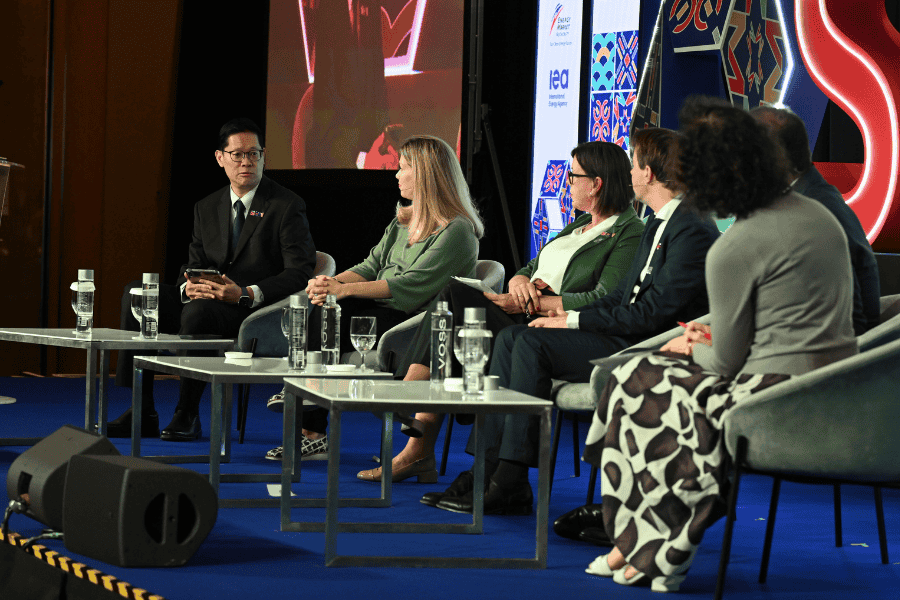
The panel discussion focusing on AI was moderated by Laura Cozzi, Director of Sustainability, Technology and Outlooks, IEA. She opened the session by highlighting the relationship between AI and energy, sharing about the growing strain AI data centres put on power grids while also recognising its transformative potential for the sector. Read more
Stay tuned as the conversation evolves throughout the day. Follow @SIEW_sg on Telegram and X (formerly Twitter) for the latest insights.
Singapore-IEA Forum: Advancing Energy Security and Transition through Regional Power Grids
The Singapore-IEA Forum featured an in-depth discussion of how regional cooperation can enhance Southeast Asia’s energy security, resilience, and decarbonisation. Central to these efforts is the ASEAN Power Grid (APG), which plays a key role in supporting both energy security and the clean energy transition.
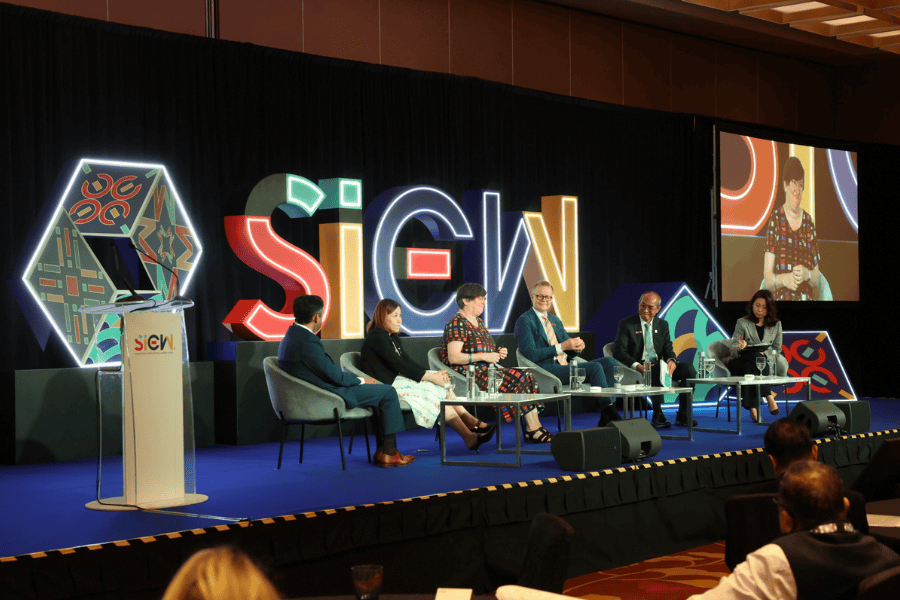
Moderated by Elaine Lam, Group Managing Director, Head of Global Corporate Banking, OCBC, the panel featured expert perspectives from H.E. Dr Anders Hoffmann, IEA Governing Board Chair, Deputy Permanent Secretary, Ministry for Climate, Energy, and Utilities, Denmark; Clare McLaughlin, Head of Energy Performance and Security Division, Department of Climate Change, Energy, the Environment and Water, Australia; Janice Bong, Managing Director Power & Renewables, Keppel Infrastructure; and Sushil Purohit, Chief Executive Officer, Gentari.
The panellists exchanged views on the importance of balancing the interests between energy exporters and importers in regional grid integration projects, and lessons ASEAN can learn from other regions with interconnected grids. Read more
Stay tuned as the conversation evolves throughout the day. Follow @SIEW_sg on Telegram and X (formerly Twitter) for the latest insights.
Singapore-IEA Forum: Strengthening Regional Cooperation for an Interconnected Energy System
The Singapore-IEA Forum kicked off with a Memorandum of Understanding (MOU) document exchange between the Energy Market Authority (EMA) of Singapore and the Australian Energy Regulator.
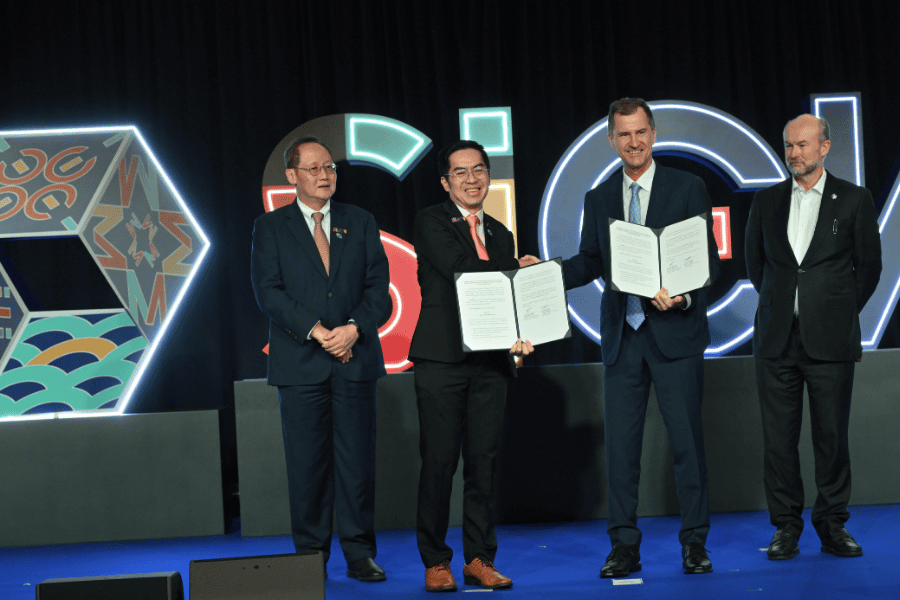
The MOU aims to promote cooperation and knowledge exchange between Singapore and Australia—providing the framework for collaboration and sharing of regulatory practices on gas and electricity markets. The ceremony was witnessed by H.E. Dr Tan See Leng, Minister for Manpower and Minister in Charge of Energy, Science & Technology, Ministry of Trade and Industry, Singapore, and H.E. Alistair Cox, Australian High Commissioner to Singapore.
The MOU exchange was followed by a keynote address by H.E. Sharon S. Garin, Secretary, Department of Energy, the Philippines, and a presentation by Sue-Ern Tan, Head of the International Energy Agency (IEA) Regional Cooperation Centre.
- H.E. Ms Garin of the Philippines highlighted the importance of focusing on addressing key challenges in technical harmonisation, market design, and financing to realise the vision of a fully interconnected ASEAN power system.
- Ms Tan from the IEA shared how the growing energy demand in ASEAN can be met through energy imports, and how the region can tap on the potential of renewables such as solar and wind power to diversify its energy mix.
Stay tuned as the conversation evolves throughout the day. Follow @SIEW_sg on Telegram and X (formerly Twitter) for the latest insights.
Singapore-IEA Forum: Charting ASEAN's Energy Priorities
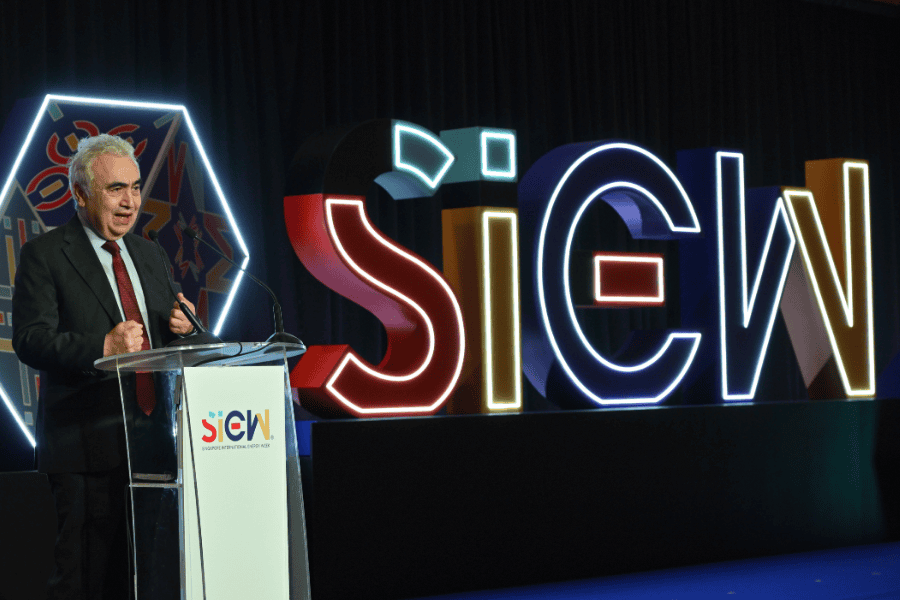
One year after establishing its regional office in Singapore, the International Energy Agency (IEA) reaffirmed ASEAN’s central role in shaping global energy trends.
Speaking at the Singapore-IEA Forum, IEA Executive Director Dr Fatih Birol highlighted that ASEAN will account for 25 percent of global energy demand growth over the next decade, and the region’s energy demand growth must be met with a mix of gas, renewables, and potentially nuclear energy. Ramping up grid infrastructure will also be critical to accelerate the region's clean energy developments.
Dr Birol pointed to the emerging opportunity for ASEAN to develop its critical minerals industry and position itself as a competitive hub for the energy transition. Southeast Asia holds vast reserves of key minerals such as nickel, cobalt and tin, and Dr Birol said the ASEAN nations are beginning to scale up their refining capabilities as part of the momentum.
Stay tuned as the conversation evolves throughout the day. Follow @SIEW_sg on Telegram and X (formerly Twitter) for the latest insights.
Singapore-IEA Forum: Pathways to a Smart, Connected and Secure Energy Transition
Kicking off the Singapore-IEA Forum, H.E. Dr Tan See Leng, Minister for Manpower and Minister-in-Charge of Energy and Science & Technology, Ministry of Trade and Industry, Republic of Singapore, called for stronger collaboration and smarter systems to power Southeast Asia’s energy transition.
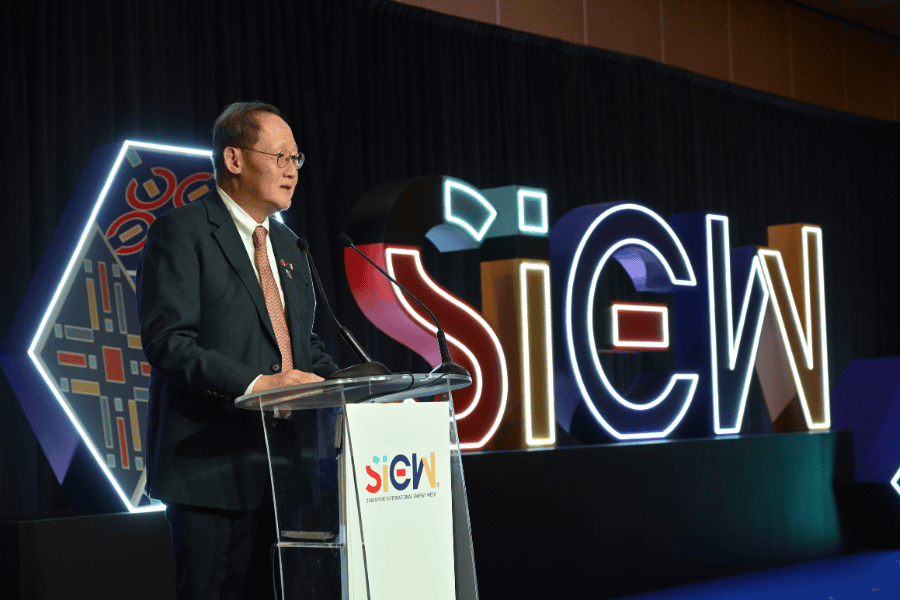
Against the backdrop of rising demand and decarbonisation pressures, he urged policymakers and industry leaders to build an ecosystem that is digitally intelligent, regionally integrated, and resilient while advancing sustainability. Read more
Stay tuned as the conversation evolves throughout the day. Follow @SIEW_sg on Telegram and X (formerly Twitter) for the latest insights.
ACES: Strengthening Regional Connectivity for Tomorrow's Clean Energy Systems
H.E. Gan Siow Huang, Minister of State, Ministry of Foreign Affairs & Ministry of Trade and Industry, Republic of Singapore, delivered the opening address at the Asia Clean Energy Summit (ACES) 2025. She called for stronger regional connectivity to accelerate ASEAN's shared clean energy transition. Read more
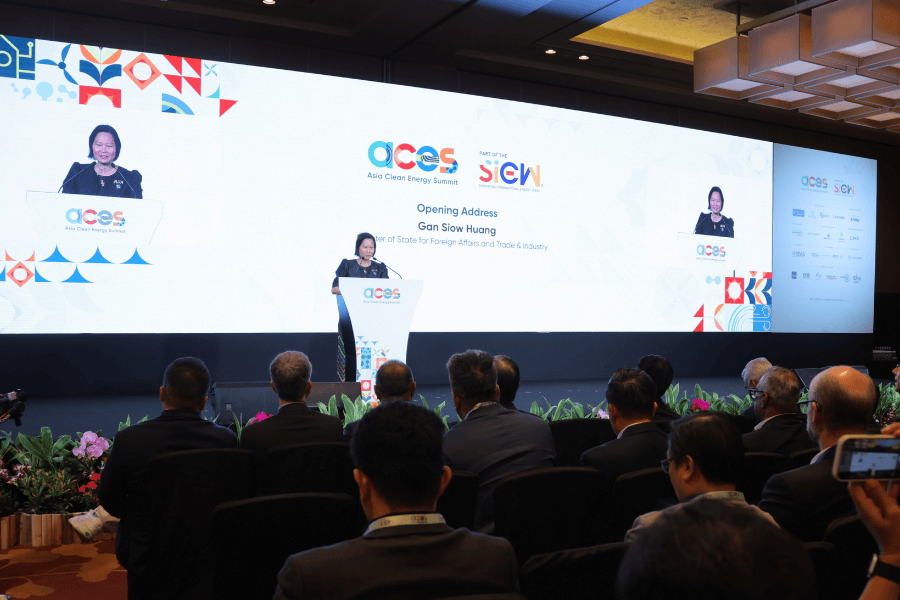
Stay tuned as the conversation evolves throughout the day. Follow @SIEW_sg on Telegram and X (formerly Twitter) for the latest insights.
Natural Gas Remains Key to Asia's Decarbonisation Journey
In her opening remarks at the Asia Gas Markets Conference, H.E. Gan Siow Huang, Minister of State, Ministry of Foreign Affairs & Ministry of Trade and Industry, Singapore, highlighted that natural gas remains a vital transitional fuel for Asia, enabling system stability and regional decarbonisation.
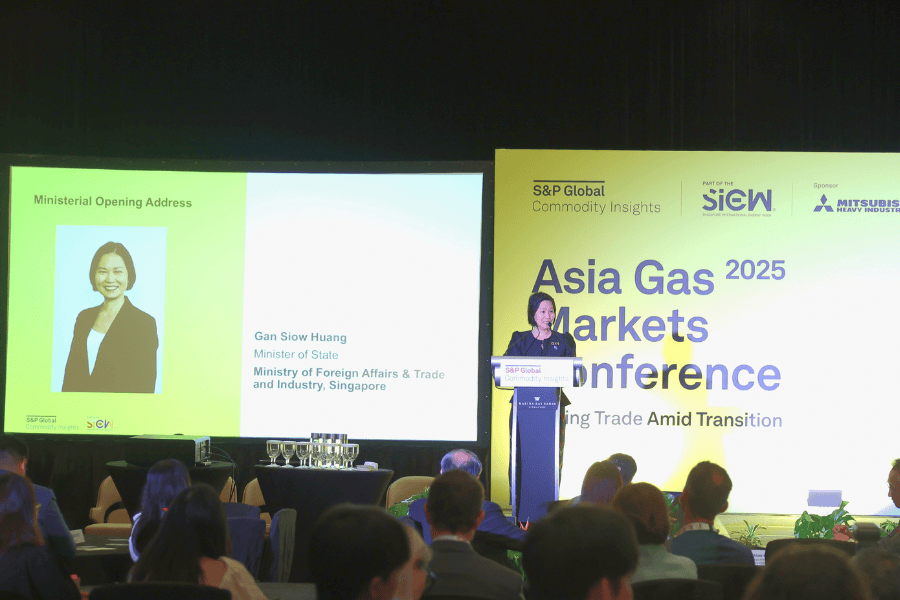
H.E. Ms Gan outlined the strategic pillars underpinning how natural gas can advance Singapore’s energy transition: Security, Support and Supplement.
Security: Enhancing gas supply resilience
With natural gas remaining Singapore’s primary energy source for the foreseeable future, it is critical for Singapore to enhance gas supply resilience. H.E. Ms Gan shared that Singapore GasCo has been established as the central procurer of natural gas to aggregate demand and procure gas from diverse sources, thereby ensuring stable and competitive gas prices.
Another key development is SLNG developing Singapore's second LNG terminal to increase the country's LNG throughput by 50 percent, to 15 million tonnes per annum.
Support: Early adopters of advanced CCGTs
To support the adoption of advanced Combined Cycle Gas Turbines (CCGTs), the Energy Market Authority (EMA) of Singapore introduced a S$44 million incentive scheme last year to mitigate early- mover disadvantage due to these higher reserve costs. Keppel and Sembcorp are deploying Singapore’s first two advanced CCGTs—expected to be operational next year, these two units will deliver 400,000 tonnes of carbon abatement per year.
Supplement: Biomethane as a promising low-carbon drop-in fuel
Singapore is partnering the industry to drive the development of biomethane supply chains, with the potential to be a low-carbon supplement to the country's natural gas supplies. H.E. Ms Gan further shared that Singapore is establishing a regulatory sandbox for the supply aggregation and sale of up to 18 TBtu of biomethane per year, sufficient to continuously generate up to 300 MW of electricity.
Stay tuned as the conversation evolves throughout the day. Follow @SIEW_sg on Telegram and X (formerly Twitter) for the latest insights.
SIEW 2025: More Strategic Dialogues and Insights Ahead on Day 2
From clean energy solutions to cross-border partnerships, Day 2 at the Singapore International Energy Week (SIEW) 2025 is set to deepen the conversations on energy transformation.
In the morning, the Singapore-International Energy Agency (IEA) Forum will bring together policymakers, partners and representatives from IEA member countries to discuss the pillars shaping the ASEAN region's energy outlook. Key discussion topics include regional interconnectivity, digital technologies such as artificial intelligence (AI), and securing LNG supply chains.
Global leaders will gather at this afternoon's Singapore-IRENA High-Level Forum to share their perspectives on financing the energy transition and the key ingredients needed to mobilise both public and private financing as we advance towards tomorrow’s energy landscape.
H.E. Gan Siow Huang. Minister of State, Ministry of Foreign Affairs & Ministry of Trade and Industry, Singapore, will deliver an opening keynote at the Asia Clean Energy Summit (ACES). Themed “Clean Energy for a Clean World”, the 12th edition of ACES will put the spotlight on the region’s net zero ambitions and the need to accelerate just clean energy transition with appropriate technologies, policies and financing.
The Asia Gas Markets Conference will also kick off today, with the Opening Remarks from H.E. Gan. This year’s agenda showcases insights into emerging LNG trends and trade flows, the integration of gas with power and low carbon energy, and the evolving role of renewable energy in the region.
Stay tuned as the conversation evolves throughout the day. Follow @SIEW_sg on Telegram and X (formerly Twitter) for the latest insights.
SIEW Live 2025
SIEW Live: Gurbuz Gonul, Director, Country Engagement & Partnerships, IRENA
SIEW Live: H.E. Stephen Marchisio, Ambassador of France to Singapore, French Embassy Singapore
SIEW Live: H.E. Anders Sjöberg, Ambassador Extraordinary and Plenipotentiary, Embassy of Sweden
SIEW Live: Michael Wong, COO, Tuas Power
Media Releases
Day 2 Highlights
